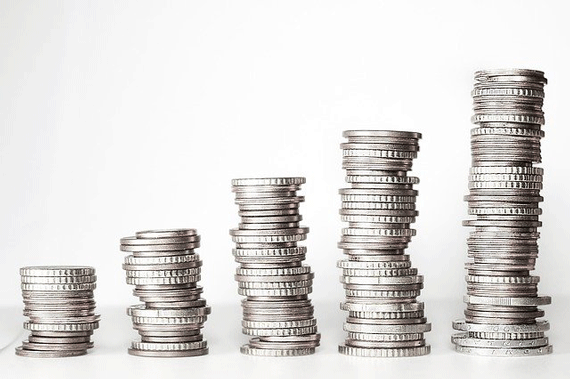More news
- Asian paint regulatory round up – Indonesian exterior paint still uses lead, warns W...
- Nigeria’s paint industry navigates regulatory changes and economic challenges amid p...
- Focus on the global coatings market: Global coatings market outlook
- Ask Joe Powder – October 2024
- Chinese paint majors look to domestic consumer sales as commercial real estate slumps

BASF has released preliminary figures for the second quarter of 2023. Sales declined by an expected 25% in the second quarter of 2023 to €17,305M (Q2 2022: €22,974M). This was mainly driven by considerably lower prices and volumes; negative currency effects also contributed to the sales decline. Sales were thus lower than average analyst estimates for the second quarter of 2023 (Vara: €19,355M).
EBIT before special items of BASF Group amounted to an expected €1,007M, a decline of 57% compared with the strong prior-year quarter (Q2 2022: €2,339M) but in line with analyst consensus for the second quarter of 2023 (Vara: €1,018M). Compared with the prior-year quarter, the earnings contributions of the Chemicals and Materials segments were particularly weaker.
BASF Group’s EBIT amounted to an expected €974M in the second quarter of 2023, below the figure for the prior-year quarter (Q2 2022: €2,350M) and almost at the level of analyst consensus (Vara: €1,003M).
Net income reached an expected €499M, below the figure in the prior-year quarter (Q2 2022: €2,090M) and below average analyst estimates for the second quarter of 2023 (Vara: €729M).
Outlook for the full-year 2023
According to current estimates, global gross domestic product in the first half of 2023 grew stronger than previously expected (+2.4% instead of +1.6%). However, this development was solely driven by a global increase in the service sector. Growth in global industrial production, on the other hand, continued to slow. As a result, global chemical production declined perceptibly in the first half of 2023. For the second half of 2023, BASF does not expect any further weakening in demand at the global level, as inventories of chemical raw materials in customer industries have already been greatly reduced. However, BASF is assuming only a tentative recovery because global demand for consumer goods will be lower than previously assumed. With this, margins will also remain under pressure.
Against this background BASF adjusts its assumptions regarding the global economic environment in 2023 as follows (previous assumptions from the BASF Report 2022 in parentheses; current assumptions rounded):
- Growth in gross domestic product: 2.0% (1.6%)
- Growth in industrial production: 1.0% (1.8%)
- Growth in chemical production: 0.0% (2.0%)
- Average euro/dollar exchange rate of $1.10 per euro ($1.05 per euro)
- Average annual oil price (Brent crude) of $80 per barrel ($90 per barrel)
With this, BASF also expects a weaker sales and earnings development than previously forecast and adjusts its outlook for the full-year 2023. The company now anticipates sales of between €73bn and €76bn in 2023 (previous outlook 2023: €84bn to €87bn; analyst consensus 2023: €79,810M; full year 2022: €87,327M). EBIT before special items is now expected to reach between €4.0bn and €4.4bn in 2023 (previous outlook 2023: €4.8bn to €5.4bn; analyst consensus 2023: €4,883M; full year 2022: €6,878M).



